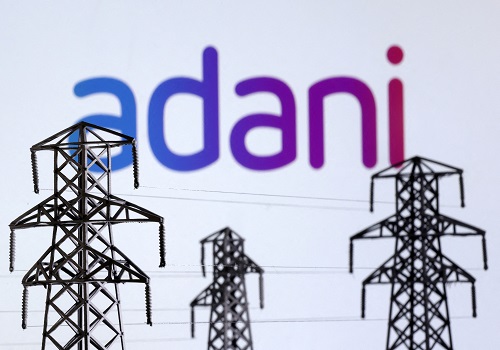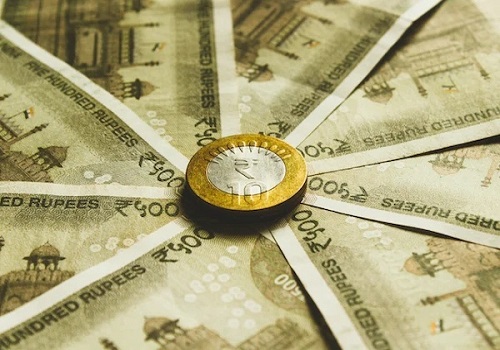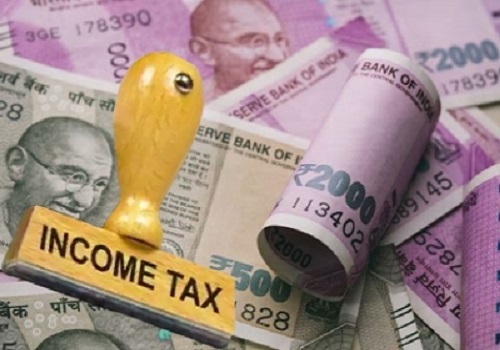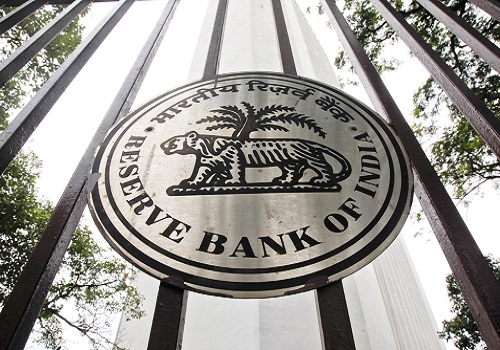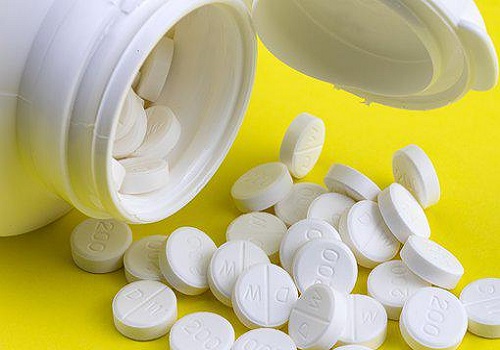Startups, pharma Cos face tax liability on new goodwill rules
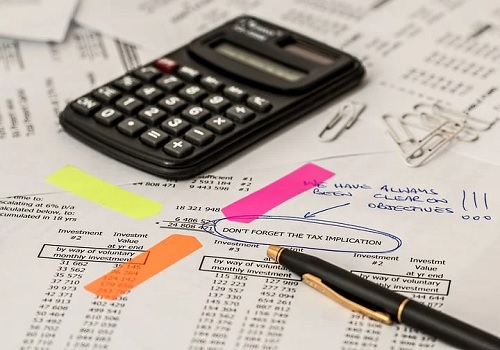
Follow us Now on Telegram ! Get daily 10 - 12 important updates on Business, Finance and Investment. Join our Telegram Channel
In what can increase tax liability on companies that have undergone mergers and acquisitions in recent years, the Central Board of Direct Taxes (CBDT) has notified new set of rules on tax treatment of goodwill where depreciation provisions have been used.
The new rules that frame guidelines for computation of short-term capital gains (STCG) gives prescription for arriving at written down value (WDV) of intangible assets such as goodwill where depreciation had been availed earlier, has created potential where tax liability on past deals would increase.
The CBDT notification had said that in cases where goodwill was the only asset in the block, there won't be any tax impact, but in others, where the value of net goodwill removed from the block is in excess of the opening WDV as on April 1, 2020, such excess will now be offered to tax as STCG.
The move is expected to impact companies in the pharma, life sciences, start-ups lining for IPO that have seen lot of M&A activities in the past and carry goodwill without much deprecation of its valuation. In all such cases, goodwill will fall much above the WDV computed as per the new rules and such excess would be charged to STCG.
Indian firms have witnessed a record number of M&A deals and emergence of Indian unicorns with intangibles fetching substantial value in these transactions.
A PwC note on the changes said that only if the goodwill of the business or profession was the only asset in the block of 'intangible' asset and no other intangible asset is acquired in FY 2020-21, then no capital gain would be charged on the cessation of such block of asset. In other cases, excess STCG would apply under section 50 of the Income Tax Act.
What the new rules have is that companies should need to calculate their STCG first before filing returns for FY21.
















